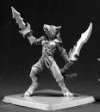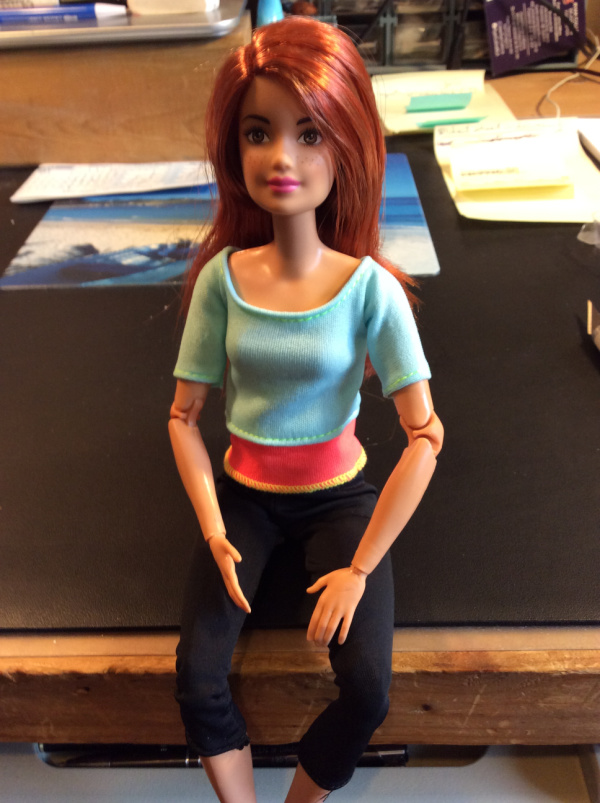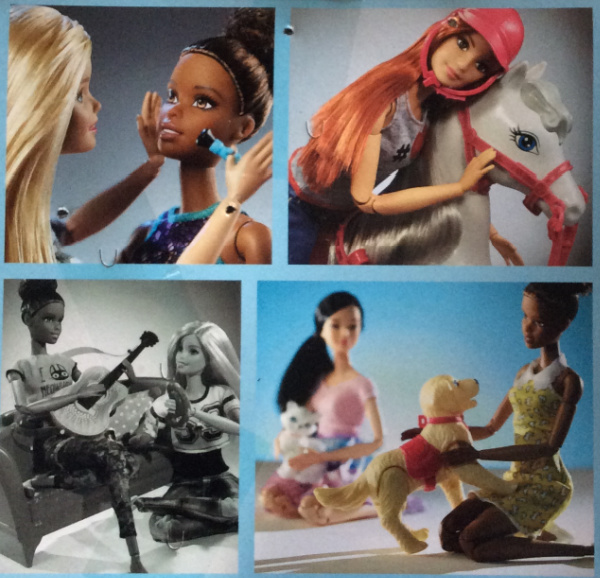Pewter Miniatures.
Hammered Art for Your Doll House.
Pewter Miniatures
The Definition of Pewter: What is it, and, Where did it come from?
" This metal is a malleable metal alloy, traditionally between 85 and 99 percent tin, with the remainder consisting of copper, antimony, bismuth and lead. Copper and antimony act as hardeners while lead is common in the lower grades of this metal, which have a bluish tint.
It has a low melting point, around 170–230 °C, depending on the exact mixture of metals.
The word pewter is probably a variation of the word spelter, a common name for zinc.
This metal was first used around the beginning of the Bronze Age in the Near East. The earliest piece of this metal found is from an Egyptian tomb from 1450 BC. " Partial quote taken from Pewter Miniatures - Wikipedia.org

Concerning Today's Fascinating Pewter Miniatures
Where these type of objects are concerned an old technique called hammering may be used in the construction.
Also a process such as casting can also be used which consists of molten metal being poured into a mold and allowed to cool.
After these processes various decorative techniques are implemented to finish the works of art.
Gold and silver have been worked since ancient times. So our modern day pewter miniatures are not new on the scene. They have in fact been around for a number of years.
Today this particular type of miniature seems to have a lot to do with war games online.
However, these days, this metal does seems to be enjoying a rebirth in popularity.
It has a way of reflecting our heritage ever so well. Yet it is diversified enough to be at home with today's style of living.
Pewter is both practical and decorative and is found in some of the world's finest homes and museums.
Nowadays, however, this metal is also used in the creation of miniature figures of soldiers and are collectible.
Toy soldiers can be anything from green plastic army men to old-school G.I. Joes to hand-painted metal minis.
Some would be ideal for a castle dollhouse type miniature scene.
If designing or painting your own pewter miniatures always use the best materials on the market. You will get the best results and have the fewest causes to complain.
If you start with the best instead of the lesser then you will generally come out a winner.
But what do you say is the best material?
Well that's where your own investigations come into the process. Over and above everything else you have to ask questions and do your research.
Ask artists who create items similar to what you want. They have experience with a lot of products. Ask questions to find out what the best products are. Then proceed from there.
Moulded Metal Objects to Work into your Mini World
Dear Friend at the Doll House:
As an Amazon Associate we earn from qualifying purchases. So accordingly any link to Amazon opens in a new window on their site and gives us a commission if you buy. In turn it helps earn a small amount toward maintaining this site. Thank you for helping us keep doing what we enjoy.
- Home at the Doll House ›
- More Kinds of Minis ›
- This Page







